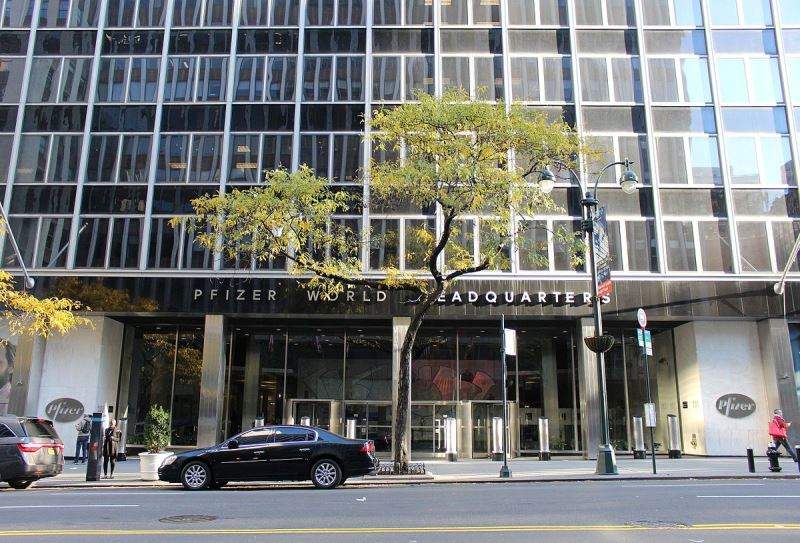
The Australian high court has dismissed the Australian Competition and Consumer Commission’s (ACCC) application for special leave to appeal the Pfizer Australia ruling by the full federal court decision that the drug maker used its market dominance to reduce competition for its cholesterol-lowering drug Lipitor.
According to the charges, Pfizer was alleged to have abused its market dominance by providing huge discounts and rebates to pharmacies for Lipitor.

Discover B2B Marketing That Performs
Combine business intelligence and editorial excellence to reach engaged professionals across 36 leading media platforms.
Pharmacies allegedly purchased large quantities of Lipitor and agreed to reduce re-supply of competing products.
The federal court found that the company took advantage of its market dominance as the patent holder of atorvastatin; however, it refused to accept the commission’s argument that the company had acted in a way to reduce or stop competition.
Pfizer Australia welcomed the latest decision of the high court to dismiss the commission’s case.
The ACCC initiated proceedings against the firm in February 2014.

US Tariffs are shifting - will you react or anticipate?
Don’t let policy changes catch you off guard. Stay proactive with real-time data and expert analysis.
By GlobalDataThe trial took place seven months later and judgement at first instance was issued on 25 February 2015.
The country’s Full Federal Court heard the case in November 2015.
Atorvastatins are used by Australians to reduce their cholesterol levels.
Before the loss of its patent protection in May 2012, Lipitor generated annual sales of over A$700m ($497.49 million) for Pfizer Australia.
Last month, Australian biotech Immutep entered into a cancer treatment clinical trial collaboration and supply agreement with pharma majors Merck and Pfizer.
Under the collaboration, use of a combination of two drugs — Immutep’s lead immunotherapy product candidate, eftilagimod alpha, and avelumab — will be evaluated on patients suffering with advanced cancer.
Immutep CEO Marc Voigt had then said: “We feel that this new collaboration, with these industry leaders, further supports our hypothesis that there is a potentially meaningful therapeutic benefit in combining eftilagimod alpha with a checkpoint inhibitor in the treatment of cancer.”




